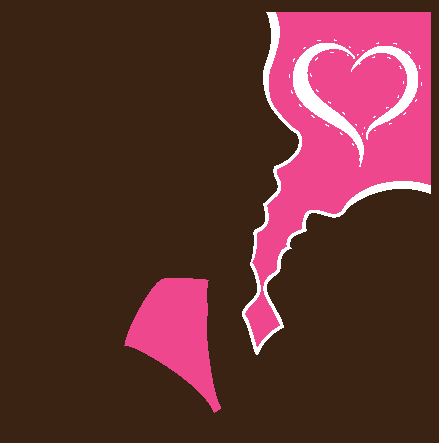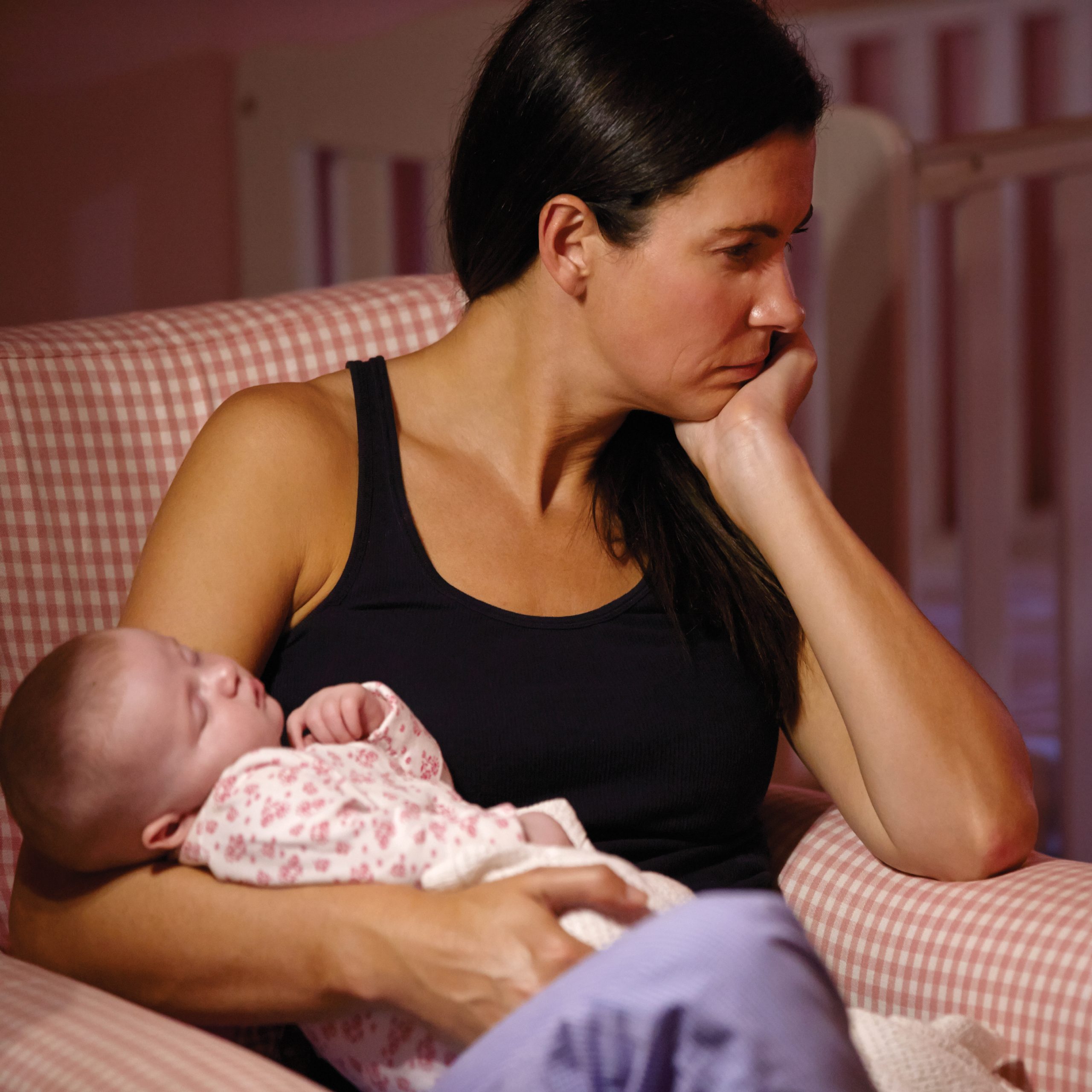Maternal Mental Health
You are not alone.
One in eight women will experience postpartum depression symptoms.
Every new baby is a one of a kind and so is every new mom. Some women seem to sail through pregnancy and the first days of motherhood joyfully. Others ride a roller coaster of emotions, feeling happy and excited one minute and lonely or tearful the next. Most of the time feelings of sadness are mild and pass quickly, but sometimes they are more serious and do not go away. The important thing is to understand the difference and to get help when it is needed.
Up to 80 percent of new mothers cry easily and feel stressed following the birth of a baby. These feelings, known as the “baby blues,” usually go away in a couple of weeks. However, some women feel a heavy sadness that doesn’t go away. These women may have postpartum depression or anxiety. A woman with one of these more serious problems may have difficulty bonding with her baby. She may feel that she is not a good mother. She may think she doesn’t love her baby enough.
These feelings are upsetting. However, women need to know that treatment is available.
Children’s Network, is a member of the Inland Empire Maternal Mental Health Collaborative (IEMMHC). A group of local government agencies, non-profit organizations and private care providers that works to raise awareness of maternal mental issues to residents of San Bernardino and Riverside counties. The group works to educate the public on signs and symptoms of perinatal disorders, as well as treatment options.
Children’s Network hosts trainings for professionals who work with new parents to ensure our local health care providers are equipped with the specialized education they need to serve our community.

Inland Empire
Maternal
Mental
Health
Collaborative
For more information, please visit these sites:
